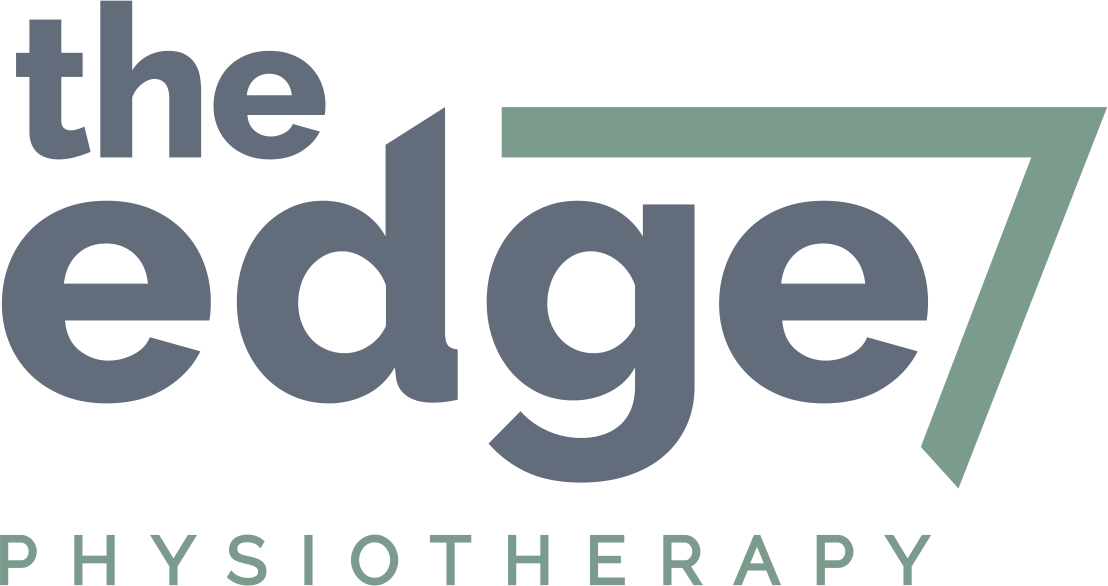Sleep…how important is it?
Getting enough sleep is crucial for our health. I don’t like hearing this because I don’t get great sleep, partly because I have two children under 5 years of age. Ever since I got pregnant, poor sleep became a reality for me. But Im not alone, nearly half of all adult Australian’s reported at least two sleep related problems in the 2021 Australian Institute of Health and Welfare census. We are either getting too much or not enough sleep of which both are associated with an increase in risk of developing chronic disease. Having enough sleep enables good health, appetite regulation, mood, rate of metabolism, immunity, hormone regulation and cardiovascular function. It is also incredibly important for growth, learning and development in children. Without sleep, our performance and cognitive functioning is impaired, and there are even associations with poor mental health and increased pain response, though this doesn’t surprise me at all. Some chronic diseases associated with poor sleep include:
type 2 diabetes
cardiovascular disease
coronary heart disease
stroke
How much sleep do we need? Based on international guidelines, it is recommended that adults get:
7-9hrs a night 18-64yr olds
7-8hrs 65yrs>
Children <18 yrs need 8-17 hrs of sleep a day depending on their age, eg. a toddler aged 1-2yrs needs 11-14hrs of sleep a day (Department of Health, 2017).
Some useful tips for getting good sleep (sleep hygiene)
keep the bedroom cool 19-21 degrees Celsius, keep it dark and quiet
have a comfortable bed, pillow setup
avoid watching tv before or in bed or using your phone as it arouses the senses
avoid caffeine up to 9hrs before bed and fluids right before bed
go to bed at the same time and wake at the same time each day, the brain loves routine
if you do wake in the night, avoid watching the clock, and if you haven’t gone to sleep within 20mins, get up, and do something boring like reading about politics, then go back to bed and try again
before going to bed, write down a to do list for the next day, it’s good to offload mental energy prior to bed
meditation and breathing techniques are undervalued, their are plenty of mediation apps etc like Smiling Mind that are free and are evidence based strategies for helping to calm the mind before sleep
It’s all well and good to say you need sleep, but sorting out why your sleep is poor can be complicated and speaking to your trusted healthcare provider can help to unravel this complex problem. We all feel better when we sleep, and as far as the list of important things that need to be ticked off for us all each day, sleep is a priority.
Sleep tight

